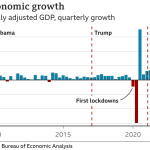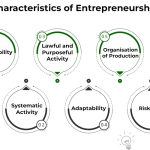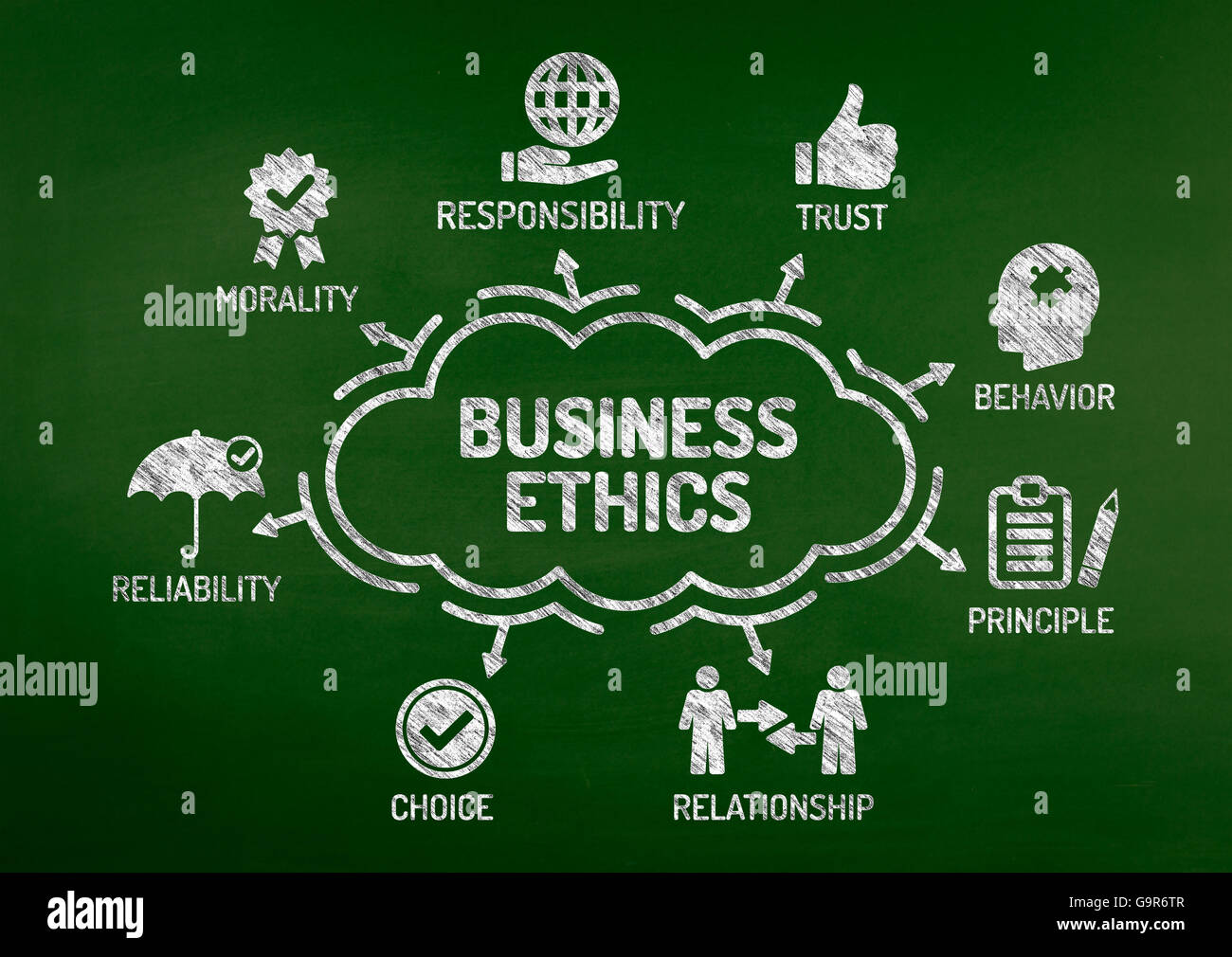Business ethics play a crucial role in guiding the moral compass of organizations, influencing everything from ethical decision making to overall business decision making strategies. In today’s complex landscape, the importance of adhering to ethical principles is paramount, particularly as companies navigate legal boundaries in business that can often be ambiguous. Influential thinkers like Joseph Badaracco have highlighted that understanding business ethics goes beyond theoretical frameworks; it requires practical understanding and context-specific analysis to tackle ethical dilemmas effectively. Moreover, comprehensive business ethics education is vital for nurturing leaders who can make sound, informed choices that prioritize integrity and responsibility. In an age where the stakes are higher than ever, integrating ethical practices is not just beneficial but essential for sustainable success.
In the realm of corporate governance, the principles underpinning ethical conduct have become increasingly significant. The commitment to integrity and accountability is reshaping how organizations approach decision-making, with a strong emphasis on principled leadership. Terms such as moral accountability, corporate responsibility, and integrity in governance are at the forefront of discussions about responsible business practices. As the landscape of global commerce evolves, organizations are finding themselves facing a myriad of ethical challenges that require thoughtful consideration and strategic planning. This shift towards ethical conduct not only enhances stakeholder trust but also fosters long-term viability in today’s fiercely competitive market.
Understanding Business Ethics in Modern Decision Making
Business ethics today encompass a broader range of issues compared to three decades ago. The shift from a philosophy-driven approach to a pragmatic, context-focused framework signifies how business leaders now approach ethical dilemmas. By directing their attention to the intricacies of each situation, they can consider various ethical perspectives, facilitating better business decision-making practices. This evolution reflects a deeper understanding that ethical considerations are interwoven with practical realities, requiring leaders to navigate legal boundaries meticulously.
Additionally, the globalization of business introduces complexities that necessitate an advanced understanding of ethics in diverse contexts. Executives must grapple with varied cultural norms and legal standards while making decisions that could impact stakeholders across the globe. This changing landscape emphasizes the importance of comprehensive business ethics education, helping leaders cultivate the skills required to confront these challenges responsibly. As Joseph Badaracco posits, enhancing one’s ethical outlook is essential for fostering sustainable business practices.
The Impact of Cognitive Bias in Ethical Decision Making
Cognitive biases play a significant role in the decisions made by executives and managers, especially in ambiguous scenarios. Leaders might rationalize unethical choices by distorting facts or misjudging risks, making it crucial for them to be aware of their psychological influences. As indicated in Badaracco’s discussions, decision-makers must confront these biases by seeking diverse viewpoints and engaging in honest, analytical dialogues about what truly matters and what responsibilities they hold.
To mitigate the risk of self-serving decisions, it is vital for business leaders to establish a reflective practice that allows them to step back and evaluate their choices critically. By asking pertinent questions regarding their responsibilities and the practicality of outcomes, leaders can create a clearer path towards ethical decision-making. This practice not only aids in navigating the gray areas but also reinforces the commitment to ethical principles within organizational cultures.
Navigating Gray Areas in Business Decisions
Gray areas in business often embody complex ethical dilemmas where right and wrong are not clearly defined. Badaracco highlights that these situations require a nuanced understanding of competing obligations and the context in which decisions are made. The necessity to weigh ethical considerations against legal frameworks often intensifies the complexity of managerial responsibilities. As businesses adapt to rapid technological advancements, the significance of ethical decision-making becomes even more crucial.
Leaders must cultivate the ability to discern the critical facts and risks associated with gray area decisions. This involves recognizing that ethical judgments often draw upon subjective interpretations of situations rather than strictly objective data. By embracing a more artistic view of decision-making—seen as a balance of ethical reflection, stakeholder needs, and legal parameters—executives can forge paths towards more responsible and justified outcomes.
The Role of Reflective Practices in Ethical Leadership
The path to ethical decision-making is significantly paved by reflective practices, as articulated by Badaracco’s research. Leaders who engage in reflection, whether through personal time, discussions with trusted colleagues, or solitary contemplation, can better assess the complexities of their choices. These practices provide a necessary space for leaders to evaluate what truly matters and clarify their responsibilities amidst competing pressures, improving their overall ethical judgment.
Moreover, fostering a culture of reflection within organizations encourages transparency and openness in discussions about ethics. When leaders model reflective practices, they inspire team members to also engage in self-assessment and dialogue, which can lead to more cohesive and morally aware organizational behaviors. Ultimately, these reflective habits are integral to enhancing business ethics overall, as they align managers’ actions with broader ethical standards and expectations.
The Evolution of Business Ethics Education
Business ethics education has transformed radically in recent decades, shifting from a theoretical approach to one that emphasizes practical application within real-world contexts. This trend reflects the need for future leaders to be grounded in contemporary ethical challenges, equipping them to navigate complex decision-making landscapes. Institutions like Harvard Business School, under the guidance of educators like Joseph Badaracco, have integrated ethics into their core curricula, providing students with the frameworks necessary to address ethical dilemmas effectively.
Current business ethics education also tends to focus on case studies and real-world applications, allowing students to engage with actual scenarios they may encounter in their professional lives. By employing situational analyses, future business leaders are better prepared to think critically about their decisions and the implications for all stakeholders involved. This practical training is essential for fostering ethical leadership, ultimately guiding companies towards sustainable practices.
Identifying Legal Boundaries in Ethical Decision Making
Understanding the legal boundaries in business is crucial to making informed ethical decisions. Business leaders often face dilemmas where ethical and legal considerations intersect, making it vital to recognize not only what is permissible but also what is right. Badaracco’s insights remind us that leaders must balance their legal responsibilities with their ethical obligations to stakeholders, ensuring that their organizations operate within both frameworks.
Navigating these boundaries requires a comprehensive understanding of both local and international laws that can impact business practices. Moreover, it’s essential for organizations to cultivate a culture of compliance and ethical reflection, as this will not only help prevent potential legal repercussions but also contribute to the development of trust with stakeholders. When leaders prioritize ethical considerations alongside legal mandates, they enhance the integrity of their business operations.
The Importance of Stakeholder Perspectives in Ethical Decision Making
Incorporating the perspectives of various stakeholders into decision-making processes is essential for ethical leadership. As organizations increasingly operate within intricate relationships with diverse groups—such as customers, employees, and local communities—executives must consider the ethical ramifications of their decisions on these stakeholders. Badaracco emphasizes that recognizing the complexities of stakeholder relationships can significantly shape the outcomes of business decision-making.
By actively engaging with stakeholders and understanding their concerns, leaders can make more informed choices that reflect broader ethical considerations. This collaborative approach not only enhances the validity of decisions but also fosters a more transparent and accountable organizational culture. As businesses evolve, prioritizing stakeholder insights becomes a fundamental aspect of ethical decision-making, reinforcing the notion that companies should serve the greater good.
The Challenge of Ethical Decision Making in a Rapidly Changing Environment
As the business landscape evolves with advancements in technology and shifting societal norms, the challenge of maintaining ethical integrity becomes increasingly complex. Leaders must navigate a fluid environment where what was considered ethical yesterday may rapidly change due to new technological developments, such as AI and data privacy concerns. Badaracco’s observations reflect the necessity for organizations to remain adaptable while consistently assessing their ethical standards in light of ongoing changes.
To cope with these challenges, executives need to develop flexible ethical frameworks that allow for thoughtful decision-making amidst uncertainty. Engaging in ongoing ethics training and fostering an open dialogue within the organization can help leaders anticipate the ethical implications of their business strategies and technological innovations. Ultimately, building agility into corporate ethics will empower businesses to meet new challenges head-on while maintaining their commitment to ethical practices.
The Future of Ethical Decision Making in Business
Looking ahead, the future of ethical decision-making in business hinges on an organization’s ability to embrace complexity and change. As business environments grow increasingly intricate, executives will need innovative tools and frameworks to address evolving ethical challenges. Awareness of the societal implications of business practices—coupled with a commitment to ethical leadership—will position organizations favorably in the eyes of stakeholders and customers alike.
Moreover, as business ethics education continues to integrate relevant ethical dilemmas and scenarios, future leaders will be better prepared to create a positive impact in their workplaces and communities. Companies that prioritize ethical decision-making will not only navigate complexities more effectively but also set benchmarks for integrity and accountability in their industries, further embedding business ethics as a fundamental component of organizational success.
Frequently Asked Questions
What is business ethics and why is it important in today’s corporate environment?
Business ethics refers to the principles and standards that guide behavior in the business world, addressing complex ethical dilemmas and legal boundaries. In today’s corporate environment, with increasing scrutiny on corporate accountability, understanding business ethics is essential for fostering trust, ensuring compliance, and maintaining a positive reputation among stakeholders.
How can ethical decision making enhance business decision making?
Ethical decision-making enhances business decision-making by promoting transparency, accountability, and social responsibility. By incorporating ethical considerations, businesses can avoid legal pitfalls and enhance their reputation, resulting in improved stakeholder relationships and long-term success.
What role does Joseph Badaracco play in the evolution of business ethics education?
Joseph Badaracco, Professor of Business Ethics at Harvard Business School, has significantly shaped business ethics education over the years. He emphasizes a practical, context-driven approach to ethical decision-making, encouraging students to analyze ethical dilemmas deeply, rather than merely applying theoretical frameworks.
What are the legal boundaries in business, and how do they relate to business ethics?
Legal boundaries in business refer to the laws and regulations that govern corporate behavior. Understanding these boundaries is crucial for ethical decision-making, as actions taken within the legal limit may still be unethical. Thus,, ethical leaders must navigate both legal compliance and moral responsibility.
How can organizations improve their business ethics education programs?
Organizations can improve their business ethics education programs by incorporating real-world scenarios, case studies, and discussions around contemporary ethical dilemmas. By emphasizing critical thinking and reflective practices, such as those advocated by Joseph Badaracco, organizations can better prepare employees for the complexities of ethical decision-making.
What are common challenges faced in ethical decision making within businesses?
Common challenges in ethical decision-making include navigating gray areas where legal and ethical guidelines may conflict, overcoming cognitive biases that can cloud judgment, and balancing stakeholder interests. Understanding these challenges is vital for making sound, responsible decisions.
How do ethical challenges differ between today’s businesses and those from decades ago?
Today’s businesses face more complex ethical challenges due to globalization, technological advancements, and increased stakeholder expectations. Unlike decades ago, when ethical dilemmas were often clear cut, modern decision-makers must consider multifaceted relationships and responsibilities that impact their ethical judgments.
Can ethical decision making be taught effectively in business schools?
Yes, ethical decision-making can be taught effectively in business schools by integrating practical case studies, fostering critical discussions, and focusing on real-life implications of decisions. This approach helps students understand the importance of ethics in business decision-making.
What strategies can be used to foster ethical decision making in the workplace?
To foster ethical decision-making in the workplace, organizations can implement clear ethical guidelines, provide ethics training, encourage open dialogue about ethical concerns, and promote a culture of accountability and integrity, ensuring that employees feel supported in making ethical choices.
How important is personal judgment in ethical decision making?
Personal judgment plays a crucial role in ethical decision-making, especially in gray areas where clear right and wrong answers are not present. Effective decision-makers must reflect on their values, responsibilities, and the potential impact of their choices to arrive at sound ethical conclusions.
| Key Aspect | Details |
|---|---|
| Definition of Business Ethics | Business ethics has evolved from a focus on philosophical concepts to include a more contextual, problem-solving approach. |
| Impact of Technology | With advancements in AI and robotics, ethical dilemmas have become more complex and international in scope. |
| Complex Relationships | Companies now have deeper integrations with various stakeholders, necessitating ethical considerations beyond traditional shareholder interests. |
| Decision-Making Process | Effective decision-making requires thoughtful reflection on responsibilities, risks, and practical implications. |
| Cognitive Biases | Transparency and discussion with colleagues can help mitigate cognitive biases during ethical decision-making. |
| Importance of Reflection | Finding personal methods of reflection aids in clarifying decision-making amidst external pressures. |
Summary
Business ethics is crucial in navigating the complexities of today’s corporate environment. As discussed by Joseph Badaracco, a respected ethicist, the approach to business ethics has shifted significantly over the past 30 years, emphasizing context and stakeholder engagement. Understanding the intricacies of ethical dilemmas and making sound decisions amidst technological advancements illustrates the need for ongoing reflection and awareness in the business realm. By prioritizing ethical considerations, businesses can establish better practices and foster a positive impact on society.









